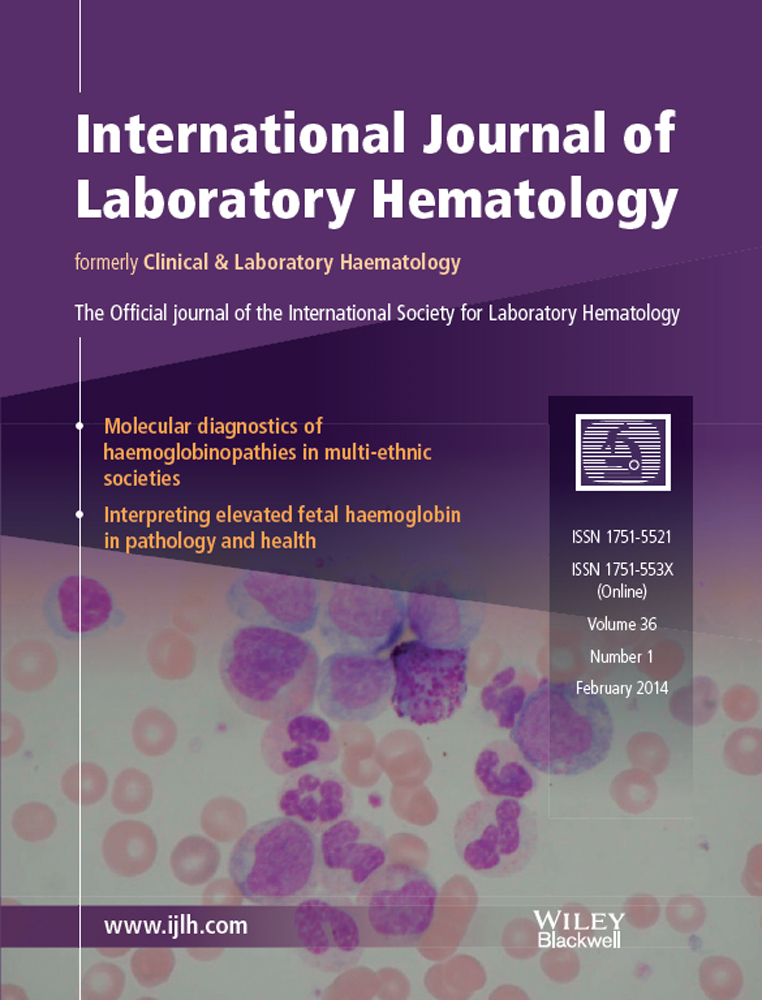Current practices of bleeding time in a developing country: an alert for noncompliance with the standard procedures
Summary
Introduction
Bleeding time is still widely performed in many developing countries including Thailand. To generate an accurate result, the procedure should be complied with standard recommendations such as those from Clinical and Laboratory Standards Institute (CLSI) and World Federation of Hemophilia (WFH). The authors surveyed the current practices of bleeding time in Thailand in order to verify the practices that did not comply with the accepted standard.
Methods
The questionnaires were sent to hospitals participating Thailand National External Quality Assessment Scheme (NEQAS) for blood coagulation. Items in the questionnaire comprised information about preanalytical, analytical, and postanalytical issues of bleeding time.
Results
From a dispatch of 201 questionnaires, 155 (77.1%) were returned. The common noncompliance with standards observed in this survey included inappropriateness of indication, e.g. use for preoperative screening (95 of 126, 75.4%), use of devices other than standard template (130 of 132, 98.5%), and inappropriate reference range (125 of 127, 98.4%).
Conclusions
The noncompliance shown in this survey can affect the accuracy of bleeding time results. The authors would like to address these problems as an alert for other laboratories especially in the developing countries where the standard templates are not widely available.




